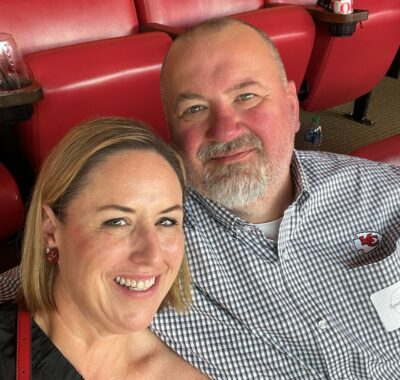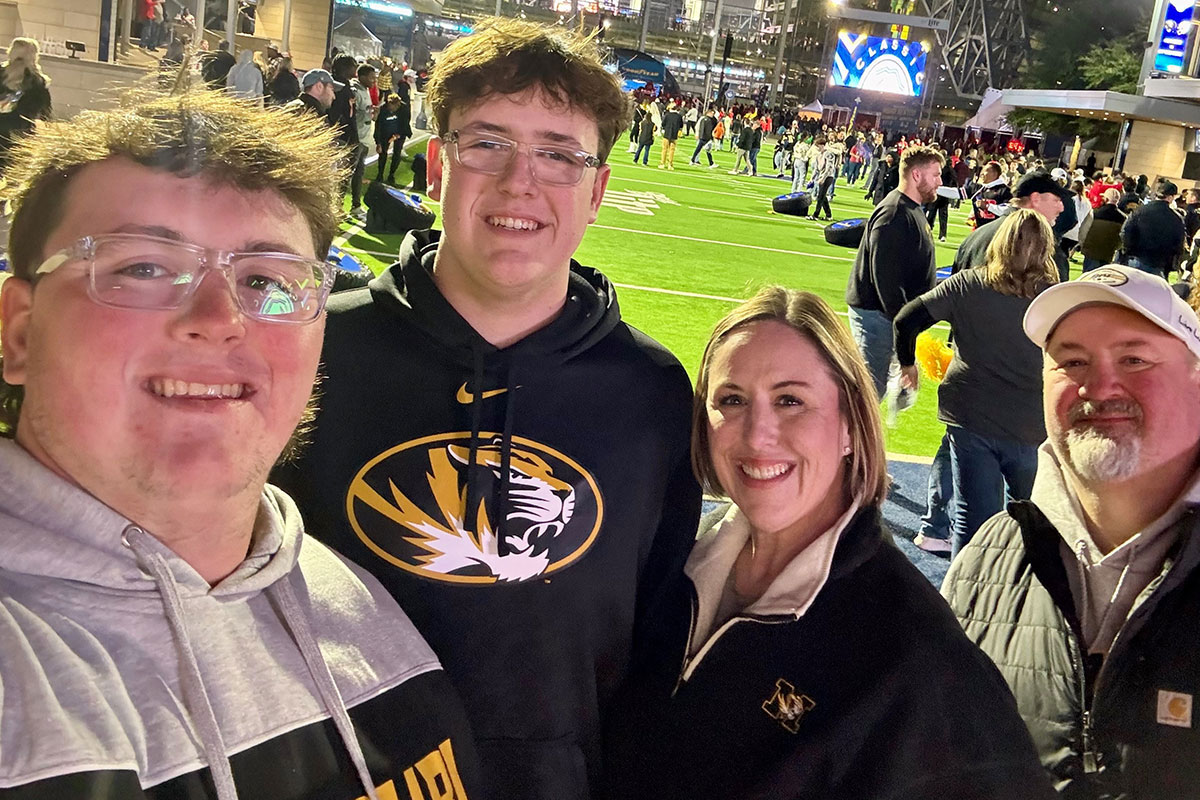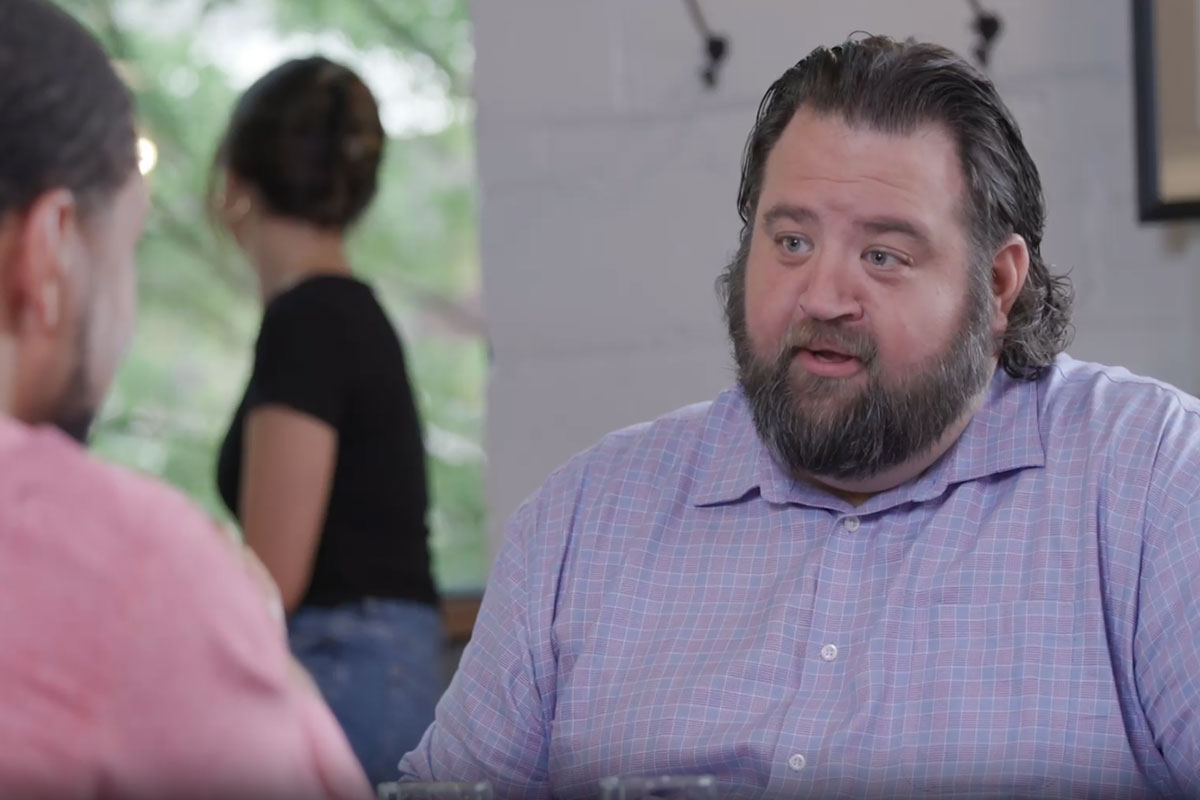We sat down with Stacy King, executive vice president, chief risk officer at UMB Bank, to learn how she got her start banking and found her dream role at UMB.
How long have you been with UMB Bank and what did you do prior to joining UMB?
I just celebrated my 10th year with UMB! I started my banking career twenty-one years ago behind the teller-line, then as a branch manager before moving my way up to a management position. After nearly eight years, I joined a banking platform company that helped banks with compliance requirements during the platform conversion process—it was there that I found my passion for the risk management and compliance field. In 2013, after a couple of years there, I was fortunate to be recruited to UMB by a former colleague, and haven’t looked back since.
What does a typical day at work look like for you and what is your team’s main responsibility?
I oversee our entire corporate risk division which is made up of four sets of teams and 94 employees, so most of my days are spent in meetings discussing various areas of risk. Our primary responsibility in risk is to build partnerships while providing guidance in the various risks which threaten the institution. This is accomplished through different processes which assess, monitor and mitigate risk. I love it because it flexes my ability to switch from one topic to another and keeps me agile—a quality I find very important as a team leader.
What accomplishment been most meaningful in your career?
I am most proud of the intentional approach I have taken to becoming the leader I am today. I began my career as a teller supervisor and worked over the years to learn, grow, and challenge myself to stretch beyond the expectations of the current role.
Soon after I started, I was given an opportunity to advance my fledgling banking career by becoming a branch manager. The branch was a wreck, but I said ‘yes’ anyway and in over a year, my team and I put in the blood, sweat, and tears necessary to turn it from one that was losing money into one that was profitable.
My hard work was recognized with awards and more opportunities, but, more importantly, it helped develop my passion for leadership and helping other people do the same for their careers.
What is the biggest risk you have ever taken?
In 2018, I was presented with the opportunity to join an international company as the director of operations for their payments division. At the time, I was very happy and fulfilled in my current role at the bank, but knew deep down that I needed to push myself to see if I could take on this challenge – even though it seemed overwhelming at the time. It was uncomfortable, but an opportunity that I knew wasn’t likely to come along again, which is why I accepted the position.
The company had global operations, so I learned to be a very intentional leader with clear communication and inclusiveness – my teams were scattered throughout the world, so I had to focus on ensuring that everyone was on the same page, empowered with important information, and felt excited and included in our group. In short, I made sure all the pieces were moving together for ultimate success.
Taking the job at this international company was the most difficult decision I’ve made professionally, but the risk was worth the reward of becoming a leader who brings seemingly disparate groups together, communicates clearly, sets expectations, and celebrates success.
What is a little-known fact about you?
I completed my bachelor’s degree later in life. While that fact isn’t something I’ve hidden, it’s also not something I typically bring up. But it’s inspired my drive to support others to understand and realize their potential, chart their own path, and know there’s not one singular approach to success. 
In high school, I was your prototypical standout student. I graduated at the top of my class and earned the Presidential Scholarship to Drake University. After three years, though, family issues arose, and I needed to step away. In the subsequent years, I married, had children and earned my associate’s degree. I also started working in the banking world, and knew that if I wanted to progress, I needed to finish what I started and complete my bachelor’s degree – so I did.
It wasn’t easy finishing my degree while working full-time and managing my family, but I was committed and dedicated to it – and I know I’m not alone in navigating these types of challenging circumstances.
The unexpected turn of events during my “traditional” college years plays a major role in who I am today and how I approach people, opportunities, and life in general.
What motivates you?
I am motivated by the opportunity to support others. I recognize the unique value everyone brings to the table, and I never want to miss an opportunity to highlight that uniqueness for others, nor do I want to miss the chance to understand how it might help me be a better leader.
This motivation to support others extends beyond the workplace and into my involvement in the community. I serve as the president of the board for Kansas City Academy‡, a small independent school that focuses on approaches to learning for students who don’t necessarily fit into the mainstream education models.
This value is particularly personal for me given my educational path. It’s also personal because both of my sons are dyslexic, so we’ve been proactive over the years to ensure they learn in styles that may be different from others. On a similar note, I recently joined the MOCSA‡ board. This is close to my heart as well, as it all goes back to advocacy. Helping people have a voice, use it, and know what resources are available to them are values that motivate me.
UMB has long touted that it hires the best people, and they stay with the company, resulting in long-tenured associates with deep expertise. In fact, UMB’s average tenure in 2021 was 9.6 years for all associates, which is two times the industry average according to the Bureau of Labor Statistics‡.
In recent years, we’ve started seeing another trend: boomerang employees. Since 2021, more than two dozen UMB associates have resigned, only to return after a short time away. A common thread we hear from those associates is that the culture at UMB is second to none.
When you click links marked with the “‡” symbol, you will leave UMB’s website and go to websites that are not controlled by or affiliated with UMB. We have provided these links for your convenience. However, we do not endorse or guarantee any products or services you may view on other sites. Other websites may not follow the same privacy policies and security procedures that UMB does, so please review their policies and procedures carefully.





